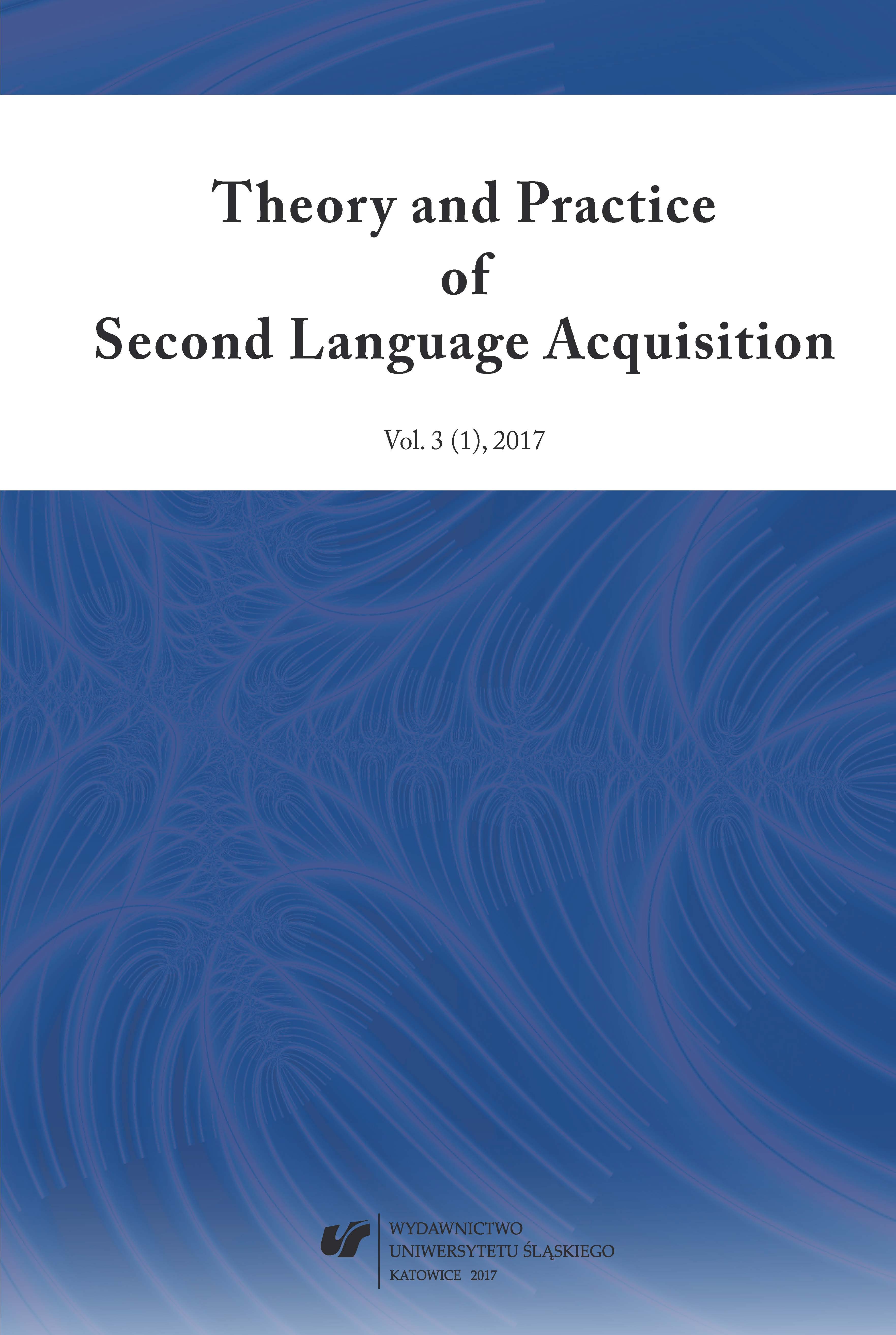The Influence of Age and L2 on Third Language Acquisition in a Corporate Environment
The Influence of Age and L2 on Third Language Acquisition in a Corporate Environment
Author(s): Dorota LipińskaSubject(s): Language studies, Language and Literature Studies, Foreign languages learning
Published by: Wydawnictwo Uniwersytetu Śląskiego
Keywords: age; third language acquisition; in-company teaching; foreign language learning
Summary/Abstract: The role of age factor in SLA has been systematically studied by numerous psycholinguists for many years (Ellis, 1994), starting from the Critical Period Hypothesis (first proposed by Penfield and Roberts, 1959, and then popularized by Lenneberg, 1967) and continuing until today. However, sometimes learners’ age is not the only potential difficulty. The situation becomes even more complicated in the case of L3 acquisition when not only all factors influencing SLA are active, but also numerous other processes affect TLA. The aim of this study was to analyze the influence of the age factor and learners’ L2 on TLA in a corporate environment. A group of subjects from an international company situated in the south of Poland agreed to participate in the study. They were native speakers of Polish learning L3-German in their company, but varying in terms of L2 (English and Russian), as well as in terms of age. The participants were between 28 and 62 years old. The results of regularly administered tests focusing on various language skills, obtained by the learners were compared. The subjects also completed questionnaires concerning difficulties they encountered while learning German. Both information sources delivered intriguing results contributing to the area of TLA and age-related research.
Journal: Theory and Practice of Second Language Acquisition
- Issue Year: 3/2017
- Issue No: 1
- Page Range: 7-27
- Page Count: 21
- Language: English

